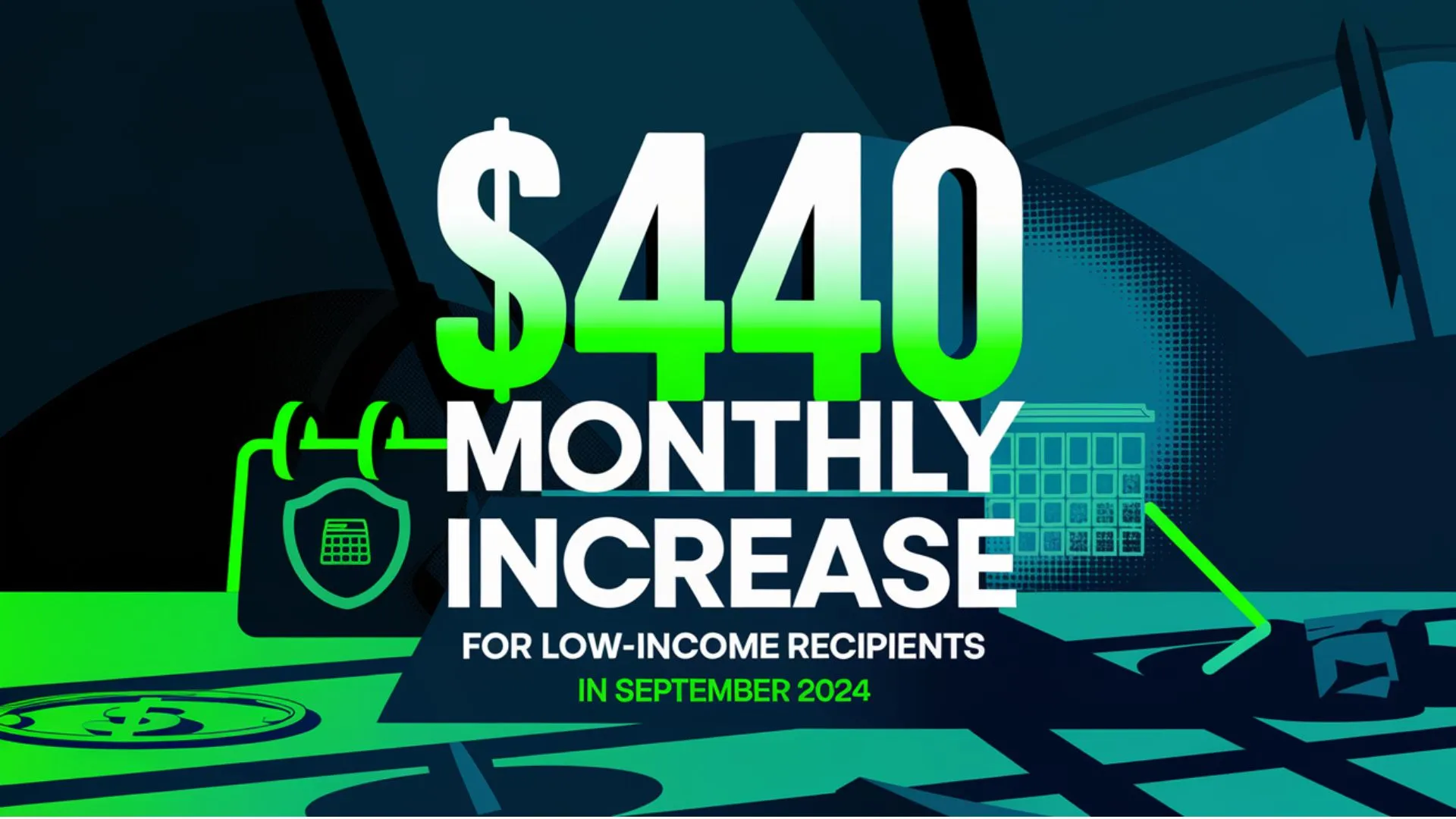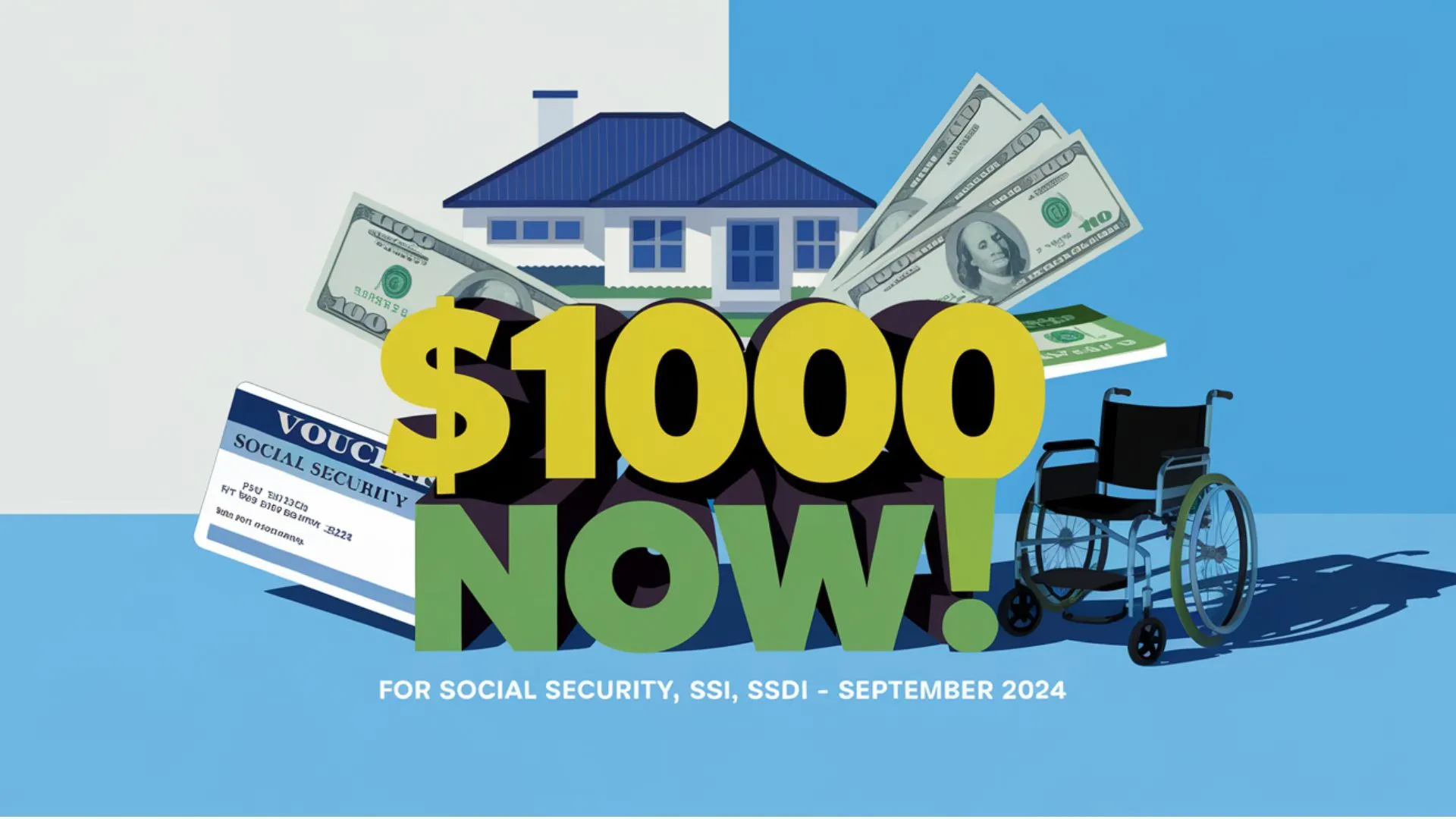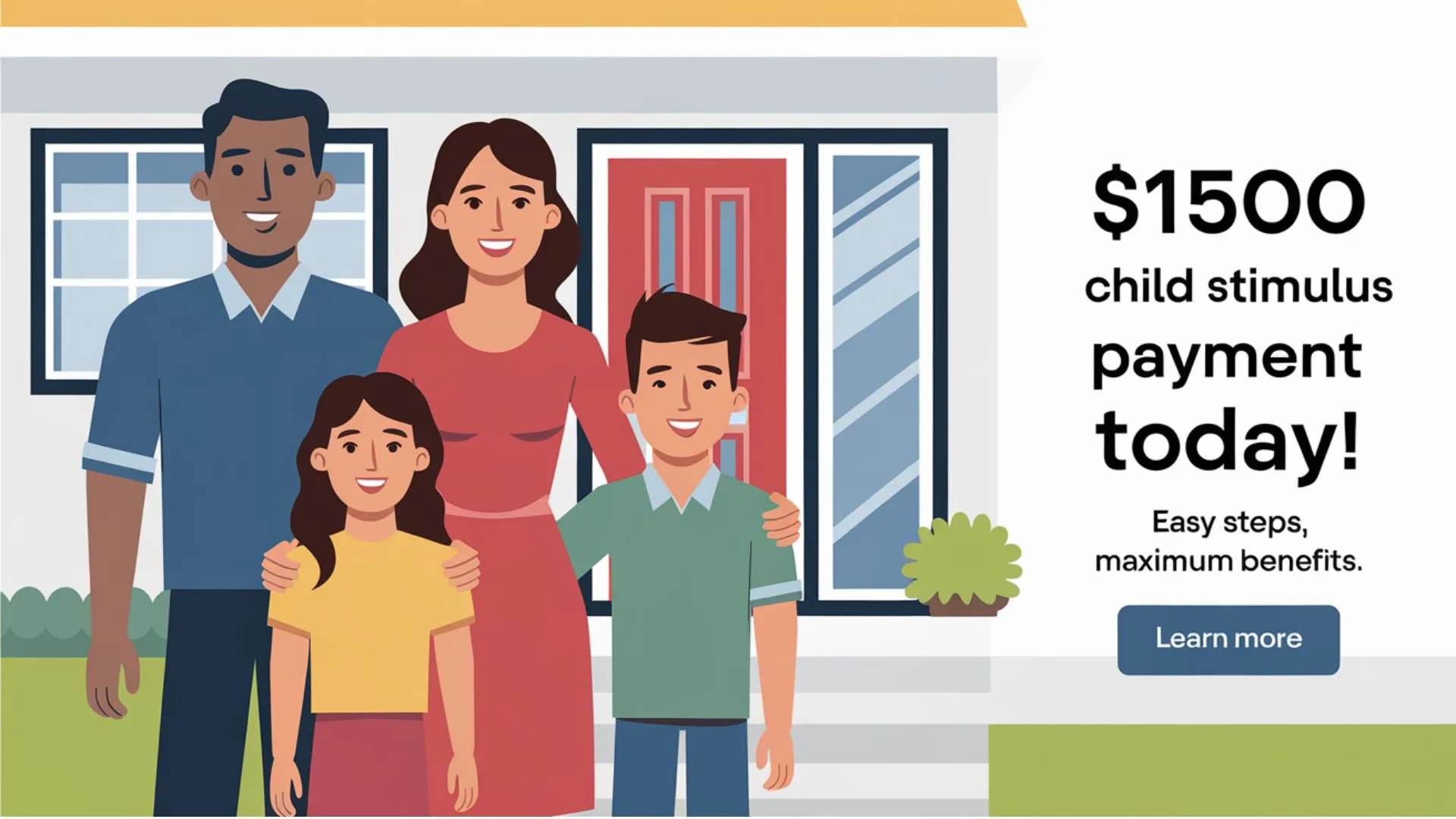Check Your Mailbox: If you are a Social Security beneficiary, especially someone receiving retirement, disability (SSDI), survivors, spousal, or Supplemental Security Income (SSI) benefits, it is crucial to keep an eye on your mailbox this August 2024. The Social Security Administration (SSA) is reaching out to millions of beneficiaries, and the information in these communications could significantly impact your benefits. This article explores why these updates are important, the changes that have been made, and what you need to know moving forward.
Understanding the $23 Billion Overpayment Issue
Recently, the SSA has been grappling with a significant issue involving $23 billion in overpayments to Social Security beneficiaries. This massive sum has accumulated over several years, and now the SSA is working to recover these funds. While recent changes have made the recovery process less burdensome, beneficiaries still need to be aware of the implications.
Changes in the Overpayment Recovery Process
In the past, the SSA could garnish 100% of a beneficiary’s monthly check until the overpaid amount was fully recovered. This was a severe measure, often leaving beneficiaries in financial distress. However, the SSA has revised this policy, now allowing for a maximum recovery of 10% or $10 per month, whichever is greater. This change is designed to ease the financial burden on beneficiaries, though it still means a reduction in monthly benefits for many.
Key Changes in Overpayment Recovery
| Old Recovery Process | New Recovery Process |
| 100% garnishment of monthly benefits | Maximum 10% or $10 garnishment per month |
| Immediate full recovery | Gradual recovery over an extended period |
| Significant financial strain on beneficiaries | Reduced financial impact |
Why You Should Be Concerned
Despite these changes, the SSA continues to send out approximately 2 million overpayment letters each year. These letters inform beneficiaries that they have been overpaid and detail the steps the SSA will take to recover the funds. The challenge is that many beneficiaries may not even realize they have been overpaid until they receive one of these letters, making the situation even more stressful.

The Unseen Issue of Overpayments
Check Your Mailbox One of the biggest challenges with overpayments is that they often go unnoticed for years. Beneficiaries may be unaware that they have been receiving more than they were entitled to until the SSA catches the error. This can result in a sudden and unexpected reduction in benefits when the SSA begins the recovery process.
Steps to Take If You Receive an Overpayment Letter
If you receive an overpayment letter from the SSA, it’s important to act quickly to minimize the impact on your finances. Here are the steps you should follow:
- Verify the Authenticity of the Letter: The first step is to contact the SSA to confirm that the letter is legitimate. Scams are increasingly common, and it’s crucial to ensure that any communication you receive is authentic.
- Understand Your Options: Once you’ve verified the letter, you need to understand your options. The SSA allows beneficiaries to file an appeal or request a waiver if repaying the overpaid amount would cause financial hardship.
- File an Appeal or Request a Waiver: If you believe the overpayment was not your fault or if repaying it would cause undue hardship, you can file an appeal or request a waiver. The SSA may reduce or eliminate the amount you are required to repay, depending on the circumstances.
Steps to Take After Receiving an Overpayment Letter
| Step | Action |
| Verify the Authenticity of the Letter | Contact SSA to confirm the letter is real |
| Understand Your Options | Review appeal and waiver options |
| File an Appeal or Request a Waiver | Submit an appeal or waiver request to potentially reduce or eliminate repayment |
Common Causes of Overpayments
Overpayments can occur for various reasons, and it’s important to understand why they happen so you can avoid them in the future. Here are some common causes:
- Miscalculations by SSA: Sometimes, errors in calculating benefits can lead to overpayments.
- Unreported Changes in Status: If you fail to report changes in your income, living situation, or other relevant factors, you may receive more benefits than you are entitled to.
- Delayed Processing of Changes: Even when changes are reported, delays in processing by the SSA can result in continued overpayments.
- Massive Data Breach Exposes 2.9 Billion Records: A Comprehensive Guide to Understanding the Impact
- Bittersweet Social Security Forecast: COLA 2025 Brings Both Increases and Disappointment
Common Causes of Overpayments
| Cause | Description |
| Miscalculations by SSA | Errors in calculating benefits |
| Unreported Changes in Status | Failure to report changes in income or living situation |
| Delayed Processing of Changes | Delays in updating benefit amounts after changes are reported |
How to Minimize the Risk of Overpayments
While some overpayments may be unavoidable, there are steps you can take to reduce the risk:
- Promptly Report Changes: Always report any changes in your income, living situation, or other factors that could affect your benefits as soon as they occur.
- Regularly Review Your Benefit Statements: By keeping a close eye on your benefit statements, you can catch any discrepancies early and address them before they become a problem.
- Stay Informed About SSA Policies: Social Security policies can change, and staying informed will help you understand how these changes might affect your benefits.
Conclusion
Check Your Mailbox Overpayments from the SSA can create financial challenges for beneficiaries, but by staying informed and taking proactive steps, you can manage the situation more effectively. If you receive an overpayment letter, don’t panic—verify the information, explore your options, and take action to protect your finances. By following these guidelines, you can minimize the impact of overpayments and ensure that your Social Security benefits continue to meet your needs.
FAQ,s – Check Your Mailbox
What should I do if I receive an overpayment letter?
Verify the letter with the SSA, then explore your options to file an appeal or request a waiver if needed.
Can the SSA take all of my benefits to recover an overpayment?
No, the SSA can only recover a maximum of 10% or $10 per month, whichever is greater.
How can I avoid overpayments in the future?
Report any changes in your status promptly, review your benefit statements regularly, and stay informed about SSA policies.





